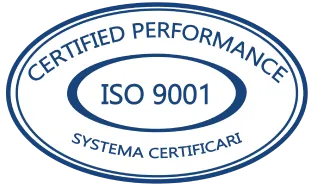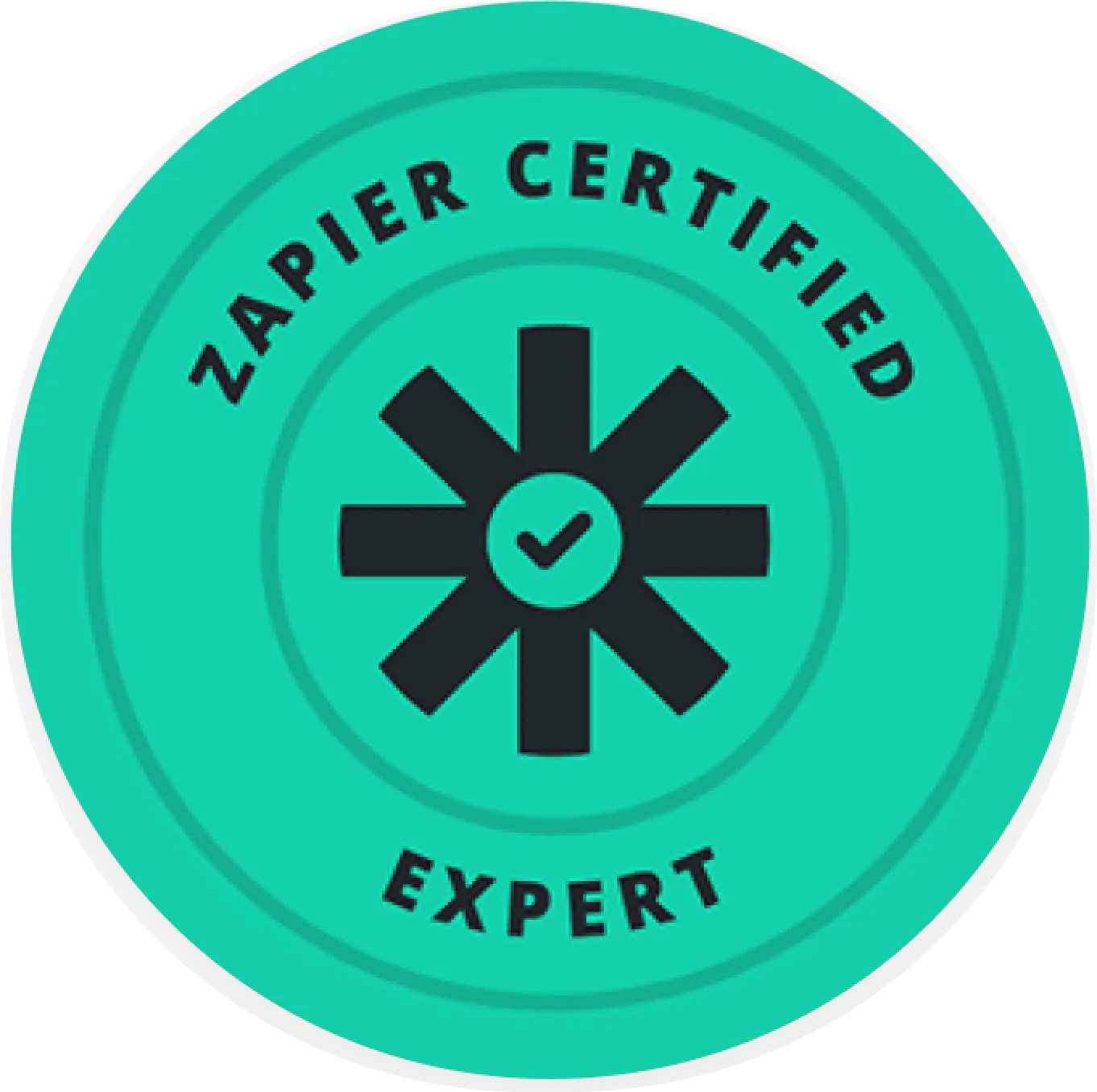
In this case study, we demonstrate how we eliminated manual labor in managing an online dropshipping store. The client, a startup that sells auto detailing products, needed to automate the processes of ordering, delivery, and invoicing processes, to focus on other aspects of their business. Thus, we used platforms such as OpenCart, Stripe, Oblio, Cargus, and Avex, to create a comprehensive and smooth solution
About the Client
Our client is an online dropshipping store for auto detailing products. Autocarestore is built on the Opencart e-commerce platform. Being at the beginning of their journey, the client had no experience in using digital platforms for business management. However, they had a great need to automate most of the processes related to orders, delivery, and invoicing of products.
The Challenge
Although creating and managing an online store on the OpenCart platform is relatively simple, for someone who is not used to using applications in the field of online business, managing digital processes can represent a real challenge. Thus, the client turned to us to automate all the processes. The main issue we encountered was how to keep the product stocks on the website in perfect synchronization with the Avex dropshipping platform.
The Solution
After analyzing the processes and implementation costs, we decided that the most efficient approach for API integration between the platforms used by the client is to use the make.com platform. Thus, our developers have developed applications/modules in make.com for Avex, Oblio, Opencart, Stripe, and Cargus. Once the modules were in place, we defined the following automation scenarios:
Synchronization of products from Avex to Opencart:
Every morning we list all the products from Avex.ro - check if the product exists in the client's store (Opencart) - update the product with stock, price, pictures, and other details.
- Webhook OpenCart - when a product has less than 2 units in stock - we automatically search for the product in Avex.ro and automatically update the stock in Opencart (autocarestore.ro).

For every new order in the online store, the status changes to an order in processing > the AWB is created > then the order is created in Avex > the AWB is automatically loaded in Avex > the proforma invoice is created in Oblio > the status in the online store changes to order awaiting payment.

- For every new payment in the online store, the status changes to order paid > order confirmation to Cargus > the fiscal invoice is created in Stripe > an invoice is automatically created in Oblio as well > through API integration, the invoice is automatically sent to SPV > the status in the online store changes to order completed.
Although payment in Opencard is made through Stripe, the invoice is automatically uploaded to SPV because we use API integration with Oblio.
Client testimonial
What challenges did our team solve for your business?
The solution your team created helped us solve multiple issues we were facing. From managing the sales flow to monitoring the collection of money from the courier, and synchronizing the stocks with the supplier. It also reduced the errors in manual data processing to zero.
How would you describe our collaboration?
I would describe it as a 5-star collaboration.
How accountable did you find the team members when working on your project?
We are very pleased with how accountable the whole team is, especially happy with Zsombor who was ready to tackle any issue at any given time.
How would you appreciate our tech skills?
I find your tech skills excellent.
Would you recommend our services to others and if so, why?
Absolutely YES! For the competence, passion, dedication, attention to customer needs, and especially suggestions and support for scaling the business!
Developer Feedback
This Project went really well although there were several challenges in the way.
First of all, there were no readily available REST APIs for OpenCart so we had to purchase an OpenCart module which granted us this functionality.
Second of all since the site is customized for the Romanian market it was integrated into sites like Cargus and Oblio, which did not have Rest API available in any form. For this, we have developed custom API endpoints dedicated to these functionalities, which in turn enabled us a tighter integration into the automation process.
One core functionality that we have developed is the synchronization of the AWB status to Opencart, which means that the order is marked as completed on the website once the order is delivered and the pay-on-delivery is collected. We have synchronized all previous Cargus orders into Opencart which enabled us to track the orders.
For example, the customer had issues with some orders that were not fulfilled because they were delivered to the warehouse and not to the end customer location. This was also solved with automation, and now everybody can track the order and identify possible bottlenecks in real-time.
Results
Through the integrations of the mentioned platforms, we have eliminated a huge volume of manual and unpleasant work for the client. This not only reduces the time and costs dedicated to these processes but also implicitly increases the satisfaction level of the end customers.
This integration/automation demonstrates that you can have a business that operates on its own in many ways. The client can now dedicate their time to other aspects of their business, such as marketing or sales.
In Conclusion
With so many options for creating online businesses, their future lies in the automation of manual processes that are time and money-consuming. The results of the solutions we implemented for this project have opened new automation opportunities for our client, in the area of marketing, retargeting customers, and increasing sales.













.png)
.png)



.avif)
